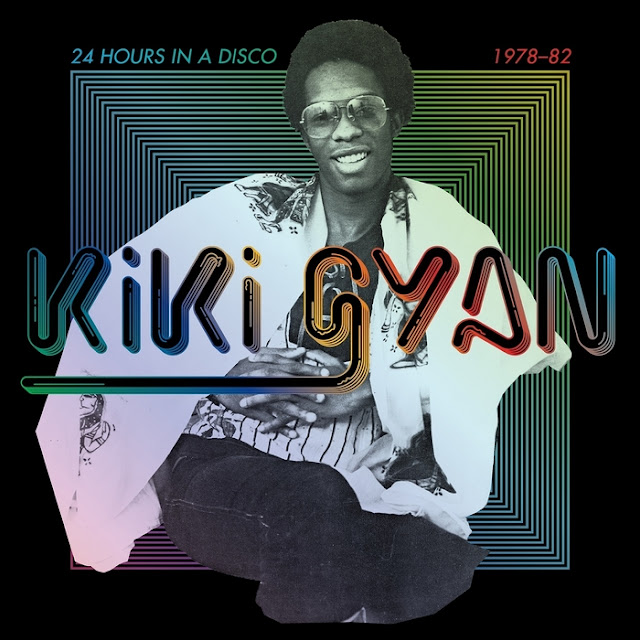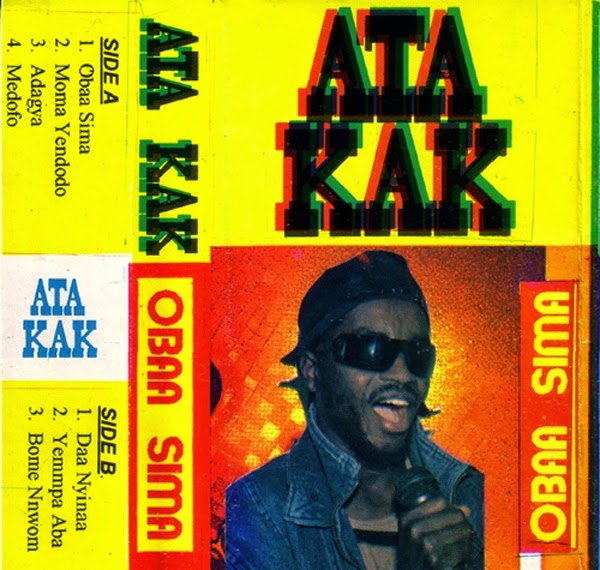
“I spent a lot of time in the country, listening to birds, lying next to a spring and listening to water go across the rocks. And suddenly one day I realized, what perfect music. Like with sunrise and sunset, how things would build up into midday. There were times when it would be intense and times when it would be very soft, and at sunset it would get quiet and then the crickets would come in. I took this sense of rhythm…”
In the spirit of David’s work, I wanted to share a record that, though not a canonical Loft favorite, embodies the ecstatic, high energy disco for which the Loft is known. I wish very much that I could share Feeling So Good, the original LP that produced one of Gyan’s more famous singles, “Disco Dancer,” but it’s all but nonexistent (jen@listentothis.info if you have a decent rip you’d like to trade!). Several tracks from Feeling So Good appear on this compilation, though everything I’ve heard from the record is excellent. I’m realizing as I write this that it’s a bit odd to make two very remarkable, very different people share one post, so I hope this comes off alright.
Thank you Kiki, thank you David—here’s to hoping that love saves the day.
